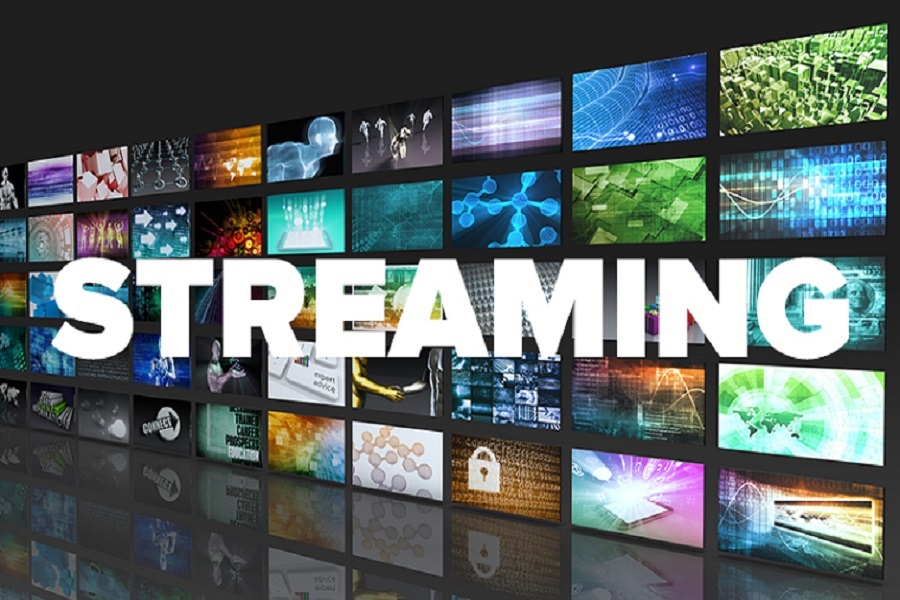When it comes to enjoying audio or video on your mobile device, you may be presented with an option regarding how to proceed: stream it or download it. But choosing an option may not be as obvious as it appears, depending on how you intend to use the content and when.
To help you make the decision about spending your mobile data on streaming or downloading, here are some important points to consider.
Downloading and Streaming Are Functionally the Same
Both streaming and downloading involve a file being sent to the device. The key difference is that a streaming file is simply played as it becomes available, while a download is stored onto memory. Both processes involve the act of downloading, but only one leaves you with a copy left on your device that you can access at any time without having to receive (or download) the data again.
If you access a downloaded file later, you do not have to use more mobile data to play it. However, if you choose to stream a file again, you will have to download the information again (and again every time you choose to access it).
The Amount of Data Transferred is (Typically) Equal
Another thing you need to understand is that the size of the file itself is often the same regardless of whether you stream it or download it, as long as it is offered with the same level of quality for both selections. For example, if an MP3 of a song is 3.5 MB, that fact doesn’t change whether you download it or stream it.
However, certain options may differ depending on available quality. If you have the option of streaming a video at 480p but can download it at 720p, the 720p file will be larger than the 480p counterpart. This means it takes more data to download the 720p file than stream the 480p version.
Additionally, some streaming services, like Netflix, offer the ability to adjust data usage settings, allowing you to choose a lower resolution option to save data.
Intended Use of the File
Since many of the factors are similar, whether you choose to stream or download a file needs to be based on how you want to use the file.
If there is a particular song you love, and you can imagine listing to it every day, then downloading the file is the better option. By choosing to download the MP3 to your device’s memory using a music downloader, you use data during the initial download. Then, if you want to listen to it, you can simply access it from your device’s memory. You only use the data once, and you can replay the song indefinitely.
This approach is also necessary if you want to access the file at a time when you don’t have a connection to the internet, since you can’t stream music or videos without an active connection.
However, if you aren’t interested in using a file more than once, you might want to stream instead. Unlike downloading, streaming doesn’t place the file in your device’s memory. That means you can enjoy the song or video and won’t lose any storage capacity. This is especially ideal if you are in an area with a strong signal and want to access the information immediately.
Stopping, Starting, and Choosing Not to Finish
It is important to point out when you stream a file and can’t finish it, you may not be able to start the audio or video from the exact spot in which you left off. Some systems are pretty good at letting you restart the playback from where it was paused, but others will automatically start over. In those cases, you may have to download certain sections of the file a second time, raising the total amount of data used.
In contrast, if you start an audio or video file and decide you don’t want to finish it, streaming results in less data use. Downloading requires the file be retrieved and stored in entirety before you can enjoy it, while streaming allows it to play without the entire file being loaded. So, walking away in the middle of a streaming file saves you the amount of data that you don’t listen to, while a downloaded file does not.
Watching Your Data
While this may seem like a lot of analysis for choosing between streaming or downloading a file, if you are using a device with a limited data plan, these can be important considerations. So, review the file size and consider how you intend to use the file. Then you can make a choice based on what is best for you.

